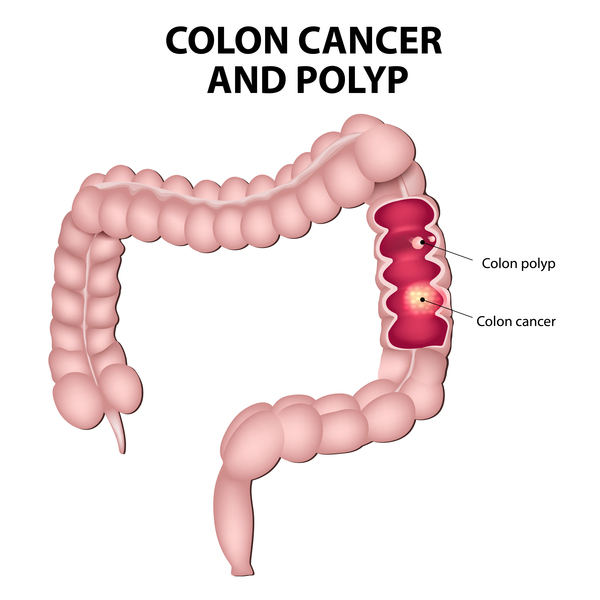 Hereditary nonpolyposis colorectal cancer (HNPCC) or Lynch syndrome (LS) is an autosomal dominant genetic condition that has a high risk of colon cancer as well as other cancers including endometrial cancer (second most common), ovary, stomach, small intestine, hepatobiliary tract, upper urinary tract, brain, and skin. The increased risk for these cancers is due to inherited mutations that impair DNA mismatch repair. It is a type of cancer syndrome.
Hereditary nonpolyposis colorectal cancer (HNPCC) or Lynch syndrome (LS) is an autosomal dominant genetic condition that has a high risk of colon cancer as well as other cancers including endometrial cancer (second most common), ovary, stomach, small intestine, hepatobiliary tract, upper urinary tract, brain, and skin. The increased risk for these cancers is due to inherited mutations that impair DNA mismatch repair. It is a type of cancer syndrome.
Lynch syndrome is a condition that can run in families. LS is also known as hereditary non-polyposis colorectal cancer (HNPCC). It is caused by an alteration in a gene called a mismatch repair gene.
LS doesn’t cause any symptoms. But people with LS have an increased risk of developing bowel cancer, womb cancer and some other cancers. If your family has a history of developing these cancers when they are under 50 years old, it is possible they have the altered gene that causes LS.
If you are worried about your family history, talk to your GP. They may refer you for genetic testing or recommend you have regular screening for some cancers. If you have LS, it is important to be aware of the signs and symptoms of bowel and womb cancer. If you develop any symptoms, you will need to get them checked by a doctor.
Having LS, and knowing you are at increased risk of cancer, can be difficult. There is lots of support available for you.
Joe Biden, 47th Vice President of the United States speaking at Imperial College, London
On 9th Oct 2018 ex Vice President of the United States, Joe Biden visited Imperial College London to give a special talk on the work of the Cancer Moonshot during the Obama-Biden Administration, and the Biden Cancer Initiative which is committed to doubling the rate of progress in preventing, detecting, diagnosing, treating and surviving cancer. During his talk he mentioned AliveandKickn.org, an organisation run by our friend David Dubin in New York, which is dedicated to improving the lives of individuals and families affected by Lynch Syndrome and associated cancers through research, education, and screening...
In this video David Dubin, who has Lynch Syndrome, talks about the importance of genetic testing...


